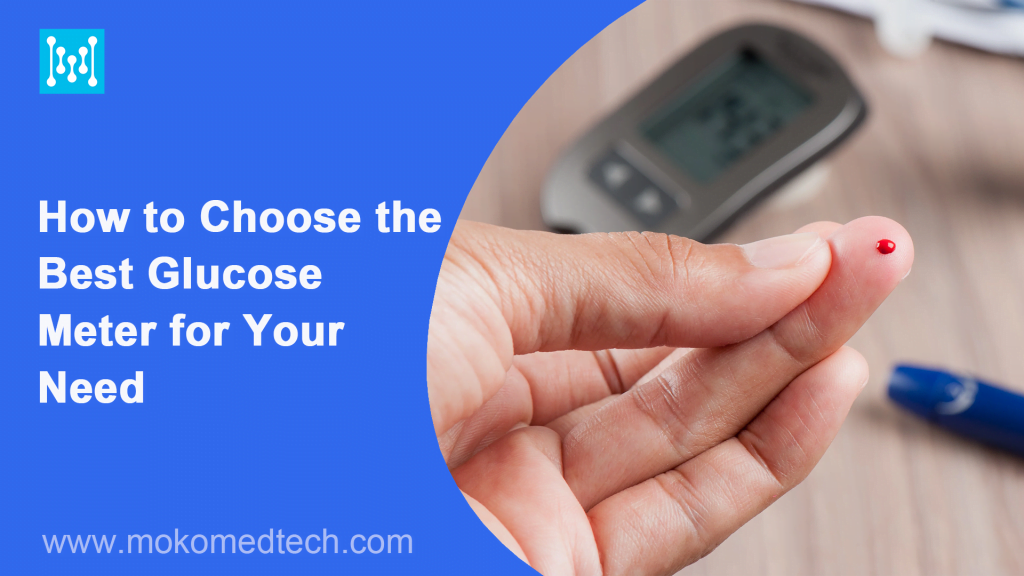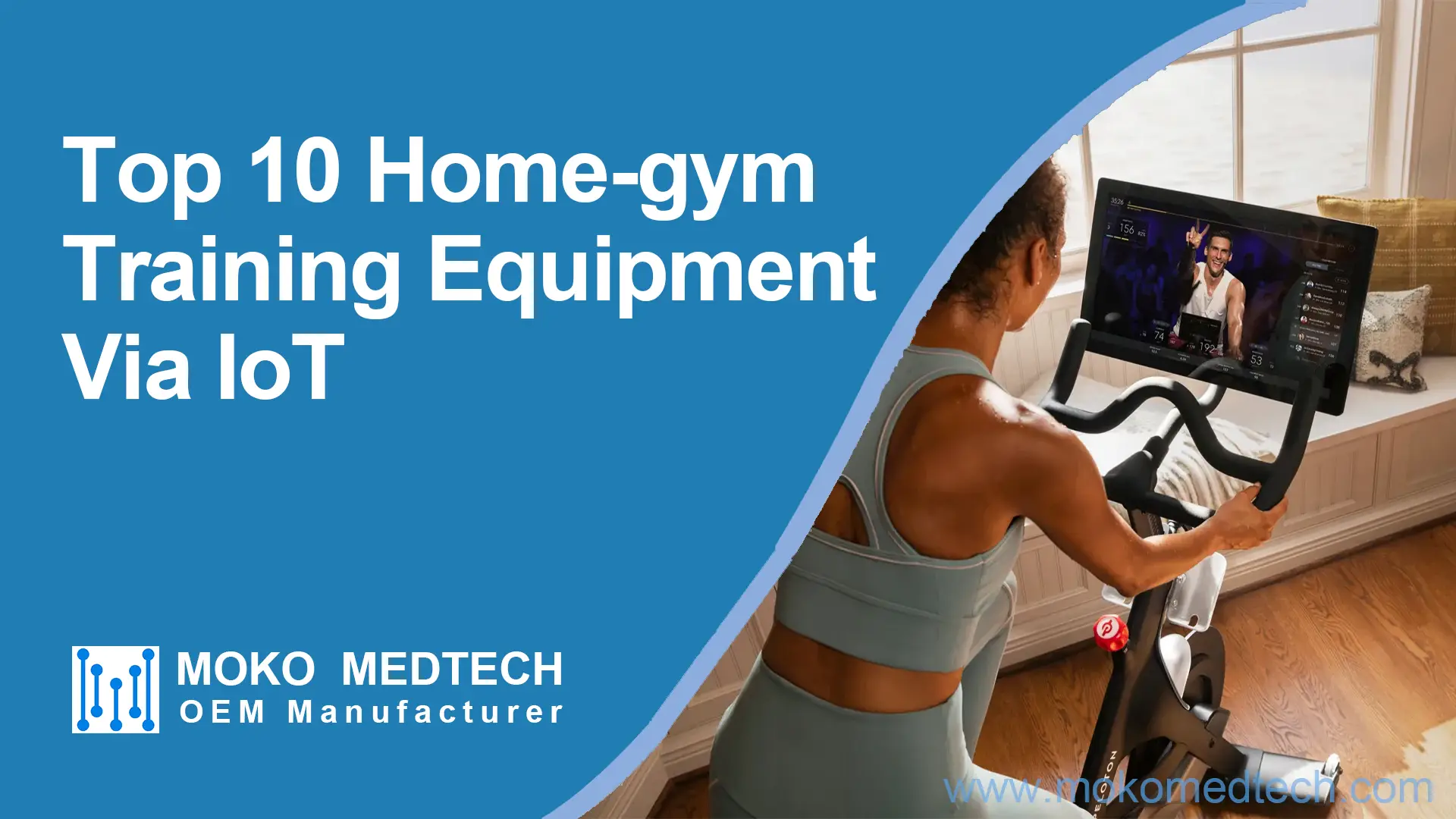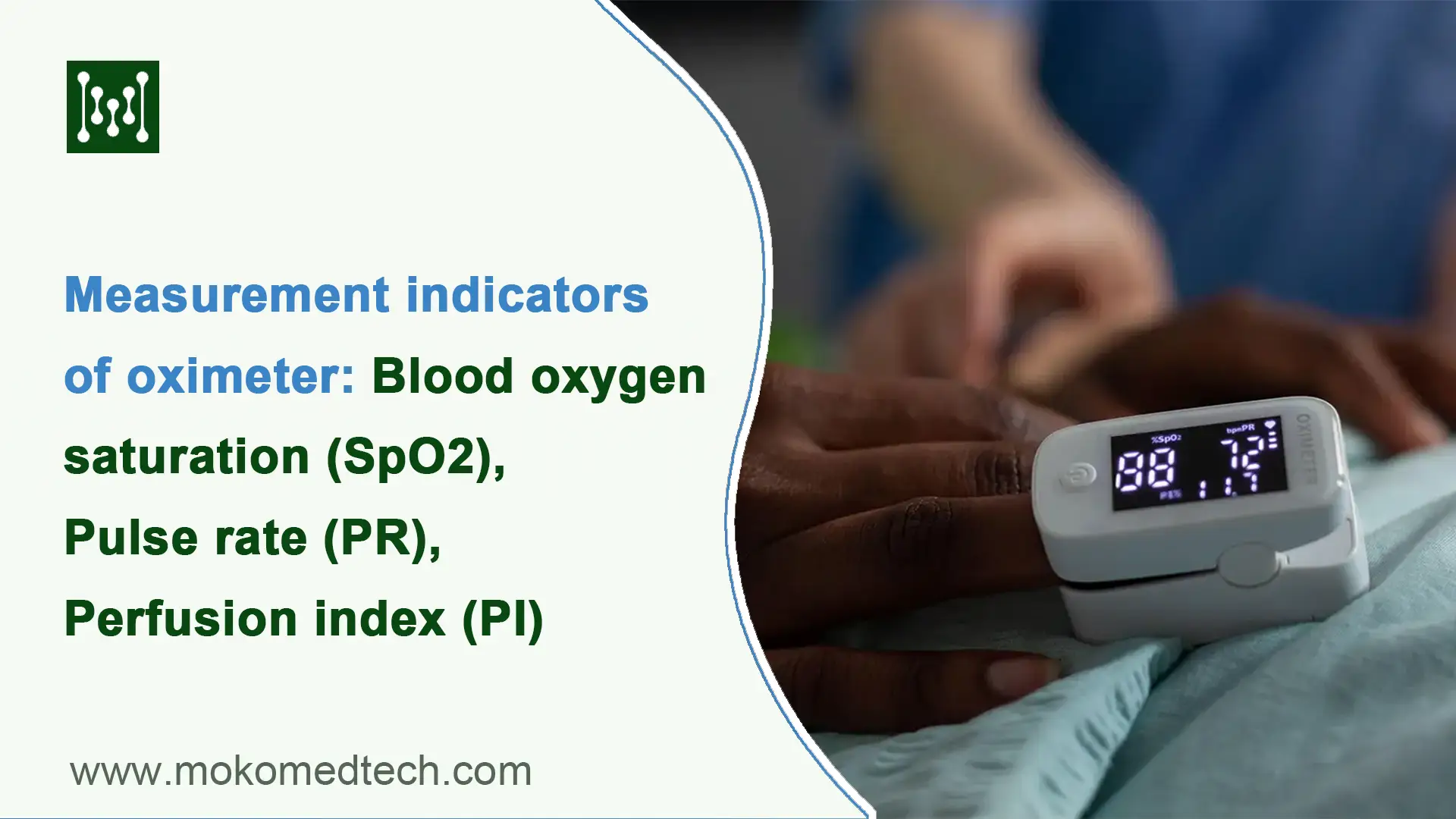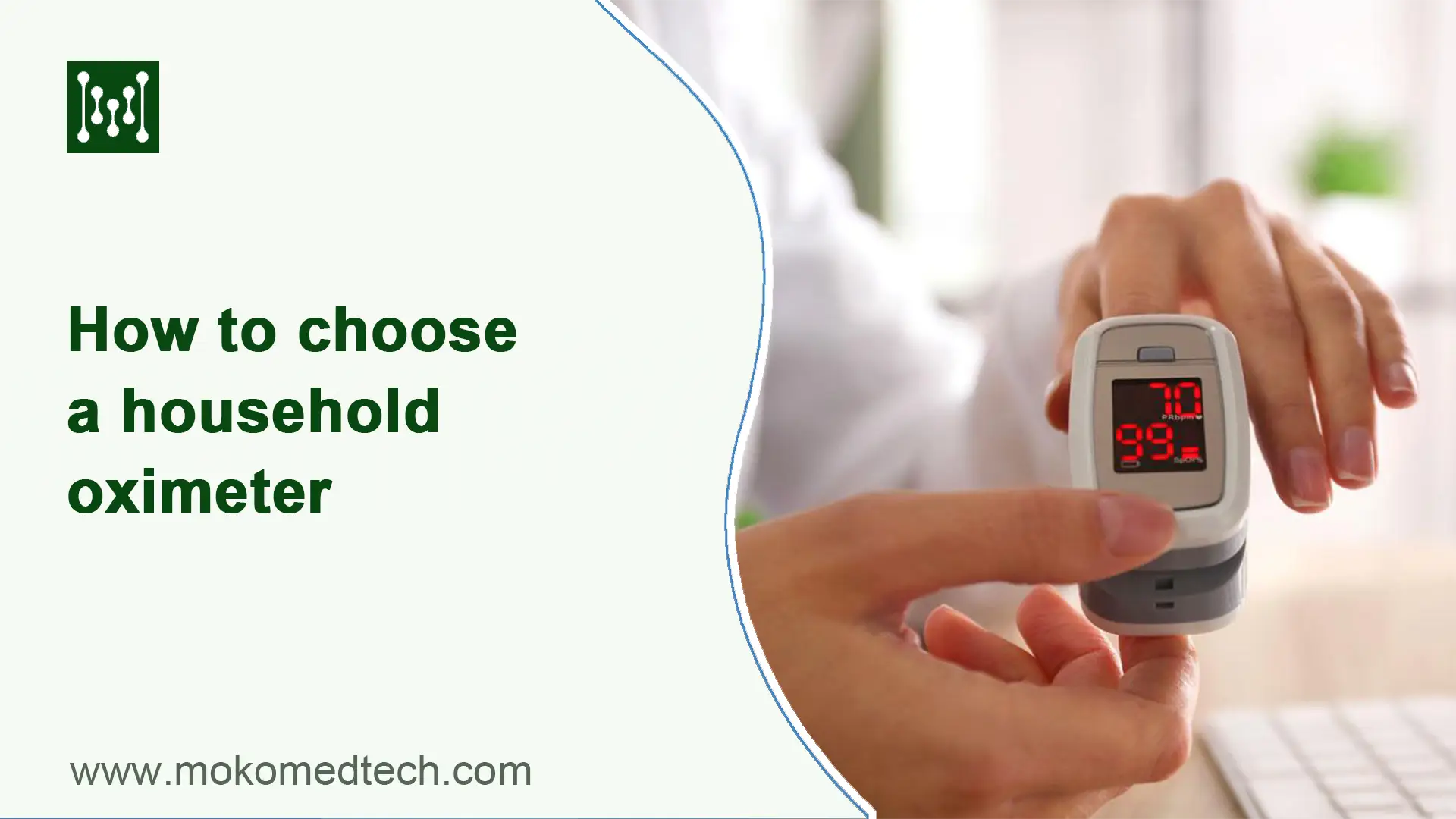A Guide to Selecting the Right Blood Glucose Meter
In today’s fast-paced world, more and more people are becoming conscious about their health. Especially for those who have diabetes or are at risk of developing it, regular monitoring of blood glucose levels has become an essential part of their daily lives. How to choose glucose meters that suit one’s needs plays a crucial role in managing diabetes and maintaining overall health.
The market offers a wide variety of blood glucose meters, each with different features, ranging from simple blood testing to smart devices that connect to smartphones. There are now several options for testing blood glucose levels. One is a detector that uses an on-body sensor, such as a continuous glucose monitor. It continuously measures a user’s blood glucose levels over a 24-hour period. These include CGM (rtCGM) and isCGM (Intermittently scanned glucose meter). The other type of monitor is one that measures blood glucose levels using a test strip into which a drop of blood is inserted, also known as a blood glucose meter (BGM). However, with so many options available, how do we choose the best blood glucose meter base on our individual needs?
This article aims to guide you through the key factors to consider when selecting a blood glucose meter, including personal requirements, accuracy, blood sample size, ease of use, data management, connectivity, and pricing. Whether you are a first-time buyer or considering upgrading your existing device, we hope this article provides valuable guidance to help you make informed decisions for better health management and quality of life.
7 Blood Glucose Meter Factors to Consider
A. Personal requirements of a glucose meter
Before delving into the technical aspects of blood glucose meters, it is important to consider your personal requirements. Factors to consider include:
1. Portability: The design and form of a glucose meter is closely related to its function. If you have an active lifestyle or travel frequently, a small, portable meter may be the way to go.
2. Accessibility: If a glucose meter is too complicated to set up or takes too long to read, then the user will be less likely to use the meter. It is the best motivation for users to test their blood glucose if they choose an easy-to-use blood glucose meter. So consider the display size, button size, and overall usability of the meter before choosing one, especially if you have visual or motor impairments.
3. Special features: Some blood glucose meters offer additional features such as audio features, backlighting, or the ability to test other parts of the body (e.g., the forearm) that may be important depending on your needs.
B. The accuracy of glucose meters
The accuracy of a glucose meter is critical. The accuracy of a glucose meter’s readings determines the dosage of insulin and the treatment of the user.
Glucose meters must undergo extensive testing and be proven to provide accurate results. However, not all glucose meters on the market meet the FDA’s accuracy standards. Roughly 66% of blood glucose meters fail accuracy tests. That’s why it’s important to check for certification from regulatory bodies such as the FDA (U.S. Food and Drug Administration) or ISO (International Organization for Standardization). Independent reviews and user feedback can also provide valuable information about the accuracy of different models of glucose meters.
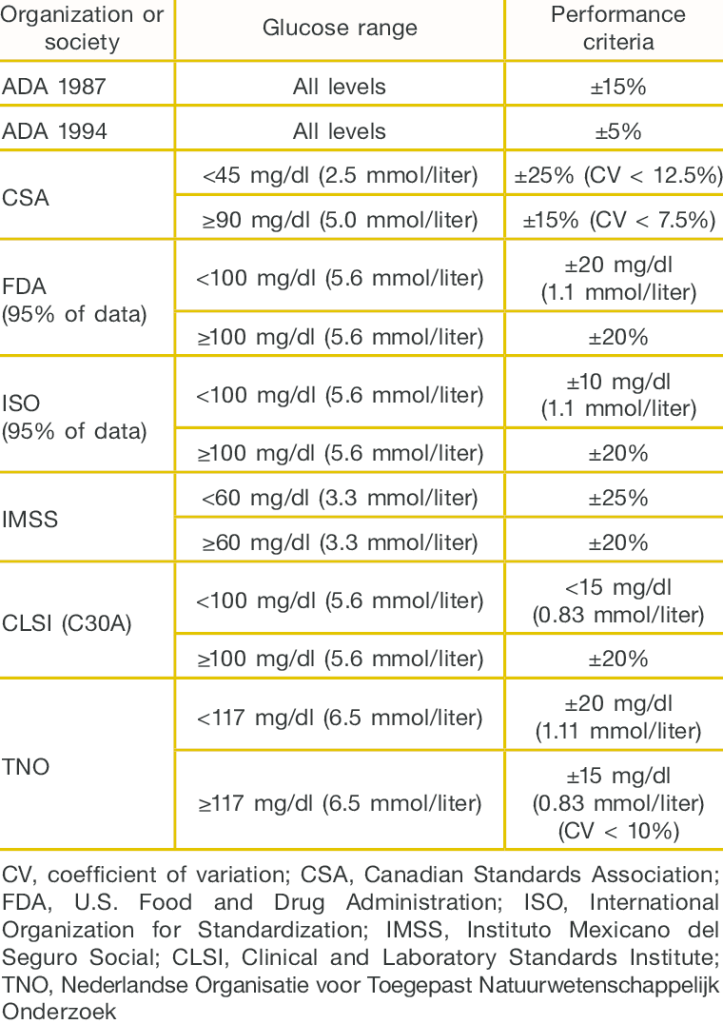
C. Blood sample size required for a glucose meter
The required blood sample size for testing can significantly impact user experience. Especially if you need to test frequently or have difficulty obtaining larger blood samples. When choosing a blood glucose meter, you need to consider the amount of blood sample required for each test. Glucose meters that require smaller sample sizes (typically less than a microliter) can be more convenient and less painful. The more blood the glucose meter requires, the larger the volume of blood sample you will need to provide. If you have trouble taking blood and can’t provide a large enough drop, it may lead to increased errors or wasted test strips. If you have sensitive fingers, or perhaps you need to monitor children’s blood glucose water bottles, it’s important to consider the blood sample size to choose a glucose meter.
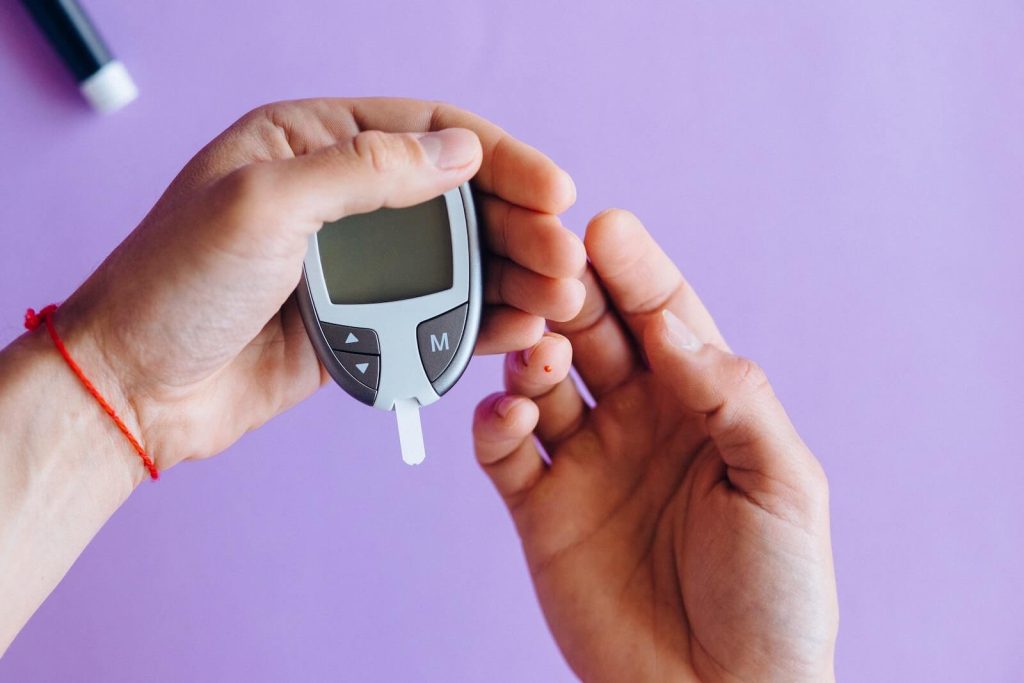
D. Is the blood glucose meter easy to use?
Choosing a meter that is user-friendly and easy to operate can make blood glucose monitoring a smoother and more efficient process. If your blood glucose meter is too complicated to operate, is not easy to read, or requires coding, it will lead to a poor user experience. When choosing a glucose meter, choose features such as a large, easy-to-read display with clear numerical values, illuminated screens for improved visibility in different lighting conditions, and intuitive navigation with straightforward menus and prompts. Additionally, meters with simple strip insertion mechanisms minimize the risk of errors during testing.
E. Data management
Effectively managing and tracking blood glucose readings is vital for understanding trends and making informed decisions about your diabetes management. You can choose a glucose meter based on your habit of recording blood glucose data. Suppose you need the meter to record automatically. In that case, you need to consider whether the meter has built-in memory to store past readings, the ability to average results over time, and whether it allows you to download data to a computer or smartphone app for more comprehensive analysis. The number of readings stored in each meter will vary by brand and model. Some advanced meters may even offer data management software or web-based platforms that enable you to generate reports and share information with your healthcare provider.
F. Connectivity of blood glucose meters to other devices
The ability to connect your blood glucose meter to other devices or healthcare systems can improve your diabetes management. Many blood glucose meters now offer wireless connectivity (Bluetooth or Wi-Fi) to synchronize data with a smartphone app or cloud platform. This can make it easier to get, analyze and share your readings. Some meters also support data downloads, which allows you to transfer results through the data port. There are also glucose meters that communicate directly with insulin pumps or continuous glucose monitoring systems. Assess your needs and preferences for data sharing and integration with other devices.
G. Pricing
While cost should not be the sole determining factor, it is important to consider the affordability of both the blood glucose meter itself and the associated test strips over time. Different meters may require specific test strips, which can vary in price.
1. Price of blood glucose meter
The price of a blood glucose meter depends on its features. If it is just an ordinary blood glucose meter without wireless connection technology or without a color screen to read data, the cost will be relatively low. But if the meter contains some more advanced features the price will be relatively expensive. Many brands now have free meter programs where users can upgrade to the latest device for free, but certain qualifications must be met.
2. Cost of Test Strips
The cost of test strips will vary depending on the brand and quantity that the user needs. If you test more frequently, you will need to purchase more test strips. Therefore, you need to consider the total cost of test strips per day when purchasing.
3. Health Insurance Coverage
The cost of the meter also depends on whether you have health insurance or not. On average, co-pays range from $20 to $80. However, your insurance plan may specify which brands are covered by your plan, which may be limited.
Compare the costs of the meter and its supplies, taking into account factors such as the frequency of testing and the availability of subscription plans or discounts for test strips. By considering the long-term costs, you can ensure that the meter you choose remains sustainable for your budget.
Conclusion
Choosing the right blood glucose meter is a critical decision for individuals managing diabetes. You can choose a blood glucose meter that meets your unique needs by considering the above factors. Remember to consult with your healthcare professional, as they can provide personalized guidance based on your specific situation.
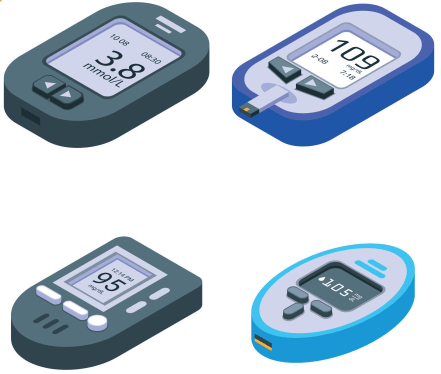
With a reliable and user-friendly blood glucose meter, you can effectively monitor your condition, make informed decisions about your diabetes management, and ultimately improve your overall health and well-being. By consistently tracking your blood glucose levels, you gain valuable insights into your body’s response to different factors such as food, exercise, and medication, allowing you to make timely adjustments and maintain better control of your diabetes.
Remember that a blood glucose meter is more than just a device; it becomes an essential tool in your diabetes management routine. It empowers you to take an active role in your health, fostering a sense of confidence and control over your condition. Additionally, with advancements in technology, the integration of connectivity features and data management capabilities in modern meters provides new opportunities for streamlined tracking and communication with your healthcare team.
You can also contact us if you want to learn more about your blood glucose meter options. Mokomedtech will provide you with comprehensive answers.
